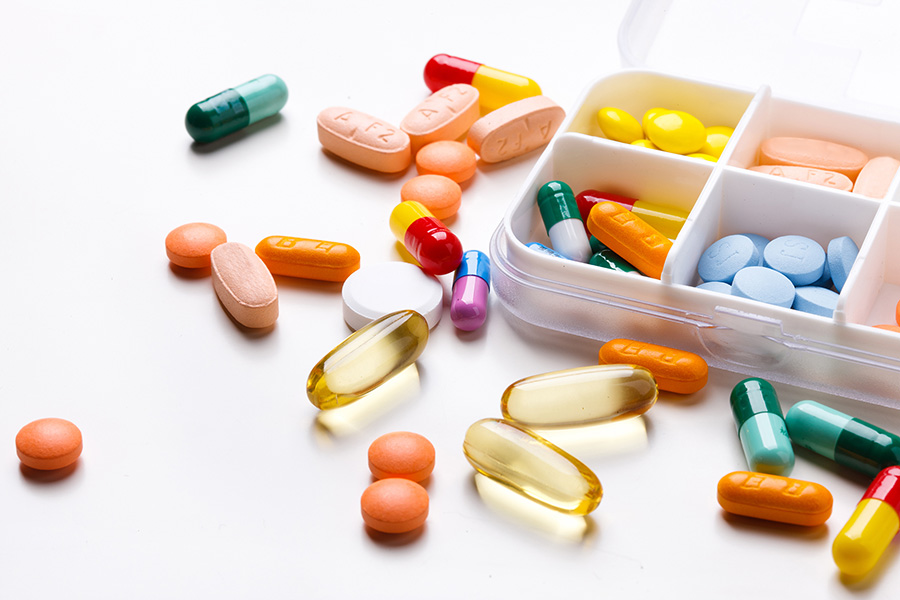
By Ma Chi | Updated: 2020-03-19
So far there are no specific medications for COVID-19. But some drugs and therapies have been proven to be effective in treating patients. Let's have a look at them.
1. Favipiravir
It is an antiviral drug developed in Japan to be used against many viruses built around ribonucleic acid - a substance essential for human life - including the novel coronavirus.
Chinese researchers have completed clinical studies of Favipiravir, which shows promising clinical efficacy in treating novel coronavirus pneumonia, Zhang Xinmin, head of the China National Center for Biotechnology Development, said on March 17.
Experiments have shown that patients treated with Favipiravir recovered more quickly and their lung conditions improved better than patients in the control group.
The Third People's Hospital of Shenzhen in Guangdong province conducted a clinical trial on 80 patients, with 35 receiving the drug. The results showed that patients who took Favipiravir tested negative within four days of treatment, whereas patients in the control group needed 11 days to test negative.
The lung conditions of 91.4 percent of the treated group improved as shown in chest imaging, compared with 62.2 percent of the control group, Zhang said.
In terms of safety, Zhang said it has shown no obvious adverse effects.
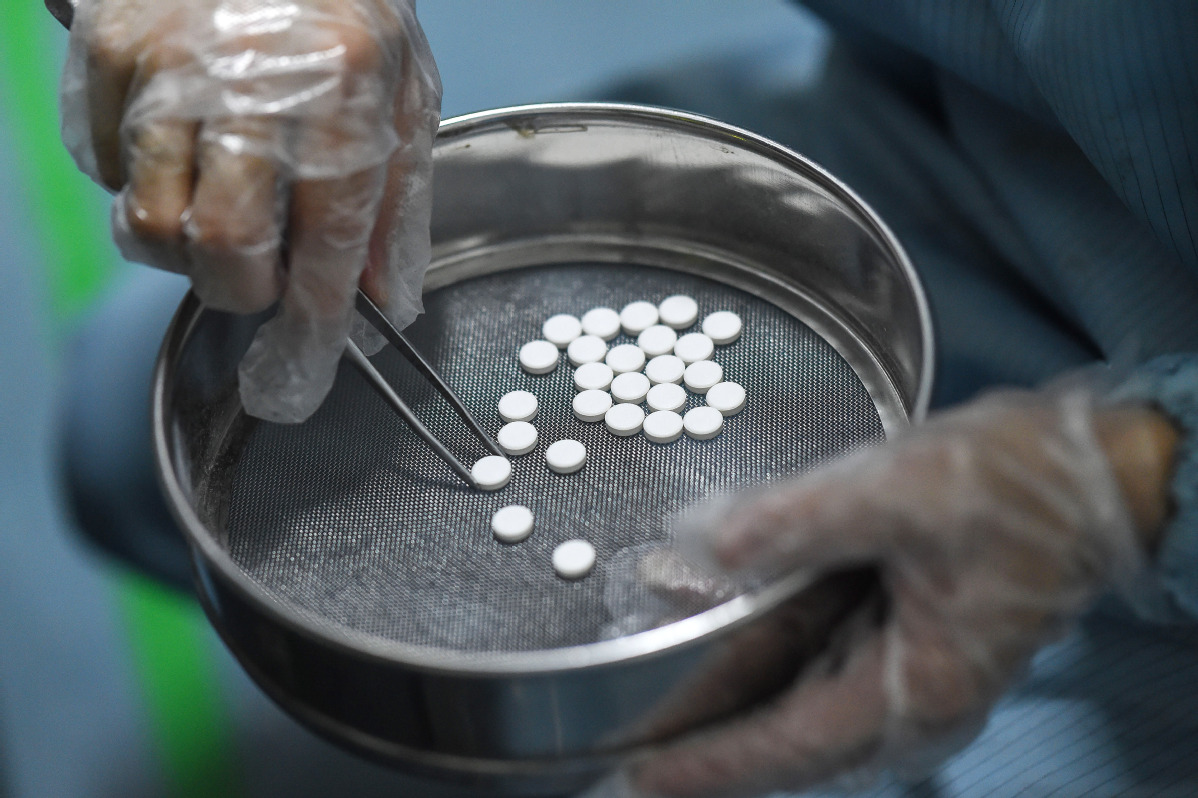
2. Chloroquine phosphate
Developed in the 1950s to treat malaria, the drug has shown the potential to inhibit coronavirus growth during in vitro tests.
Zhong Nanshan, China's leading epidemic control expert, said early clinical results show that severe patients have recovered more quickly after taking the medicine compared to other drugs.
The medicine is included in the latest guideline on diagnosis and treatment of COVID-19 patients released by the National Health Commission.
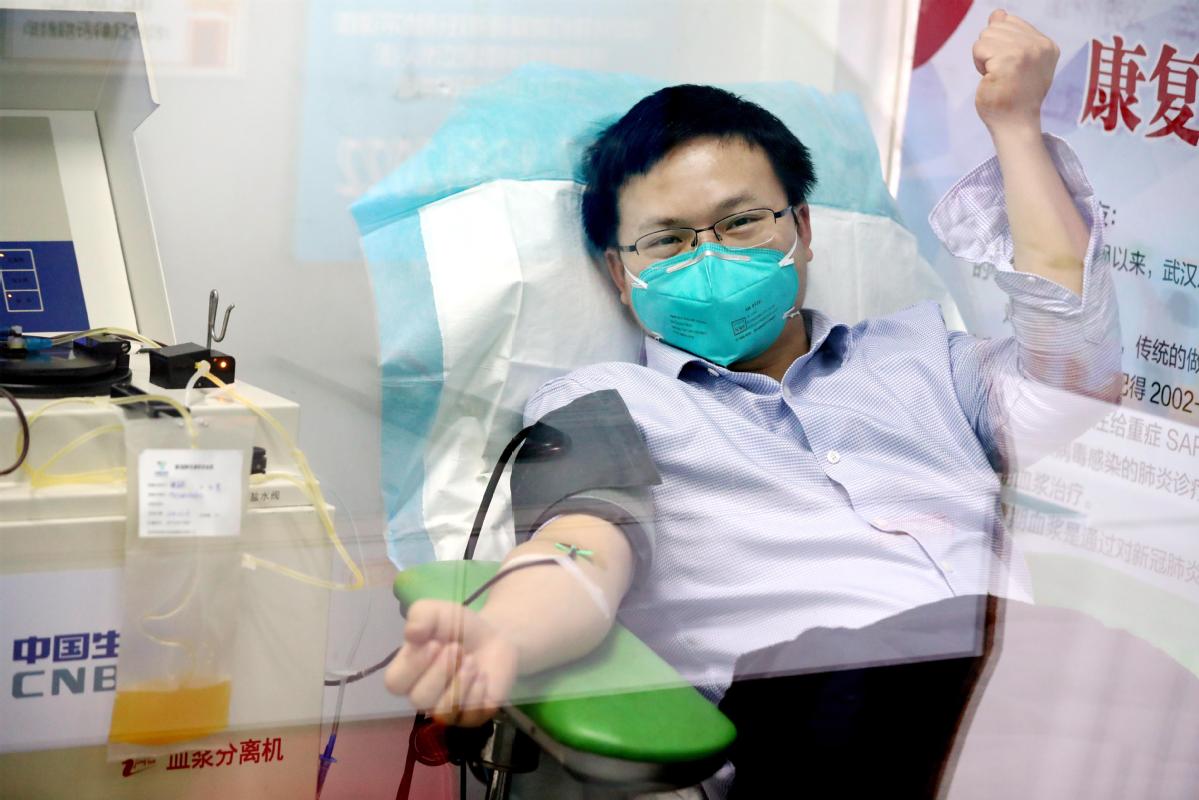
3. Plasma transfusion therapy
Convalescent plasma collected from patients who have recovered from COVID-19 contains antibodies that are effective in combating the virus.
Plasma transfusion therapy has been used to treat critically ill patients infected with the novel coronavirus in China. As of March 8, more than 1,000 recovered patients have donated more than 350,000 milliliters of plasma to help save other patients.
About 200 to 300 milliliters of pure plasma are drawn from donors each time.
As plasma donated from recovered patients is in short supply and involves a complicated processing procedure and high costs, its use is mainly limited to the treatment of severe patients.
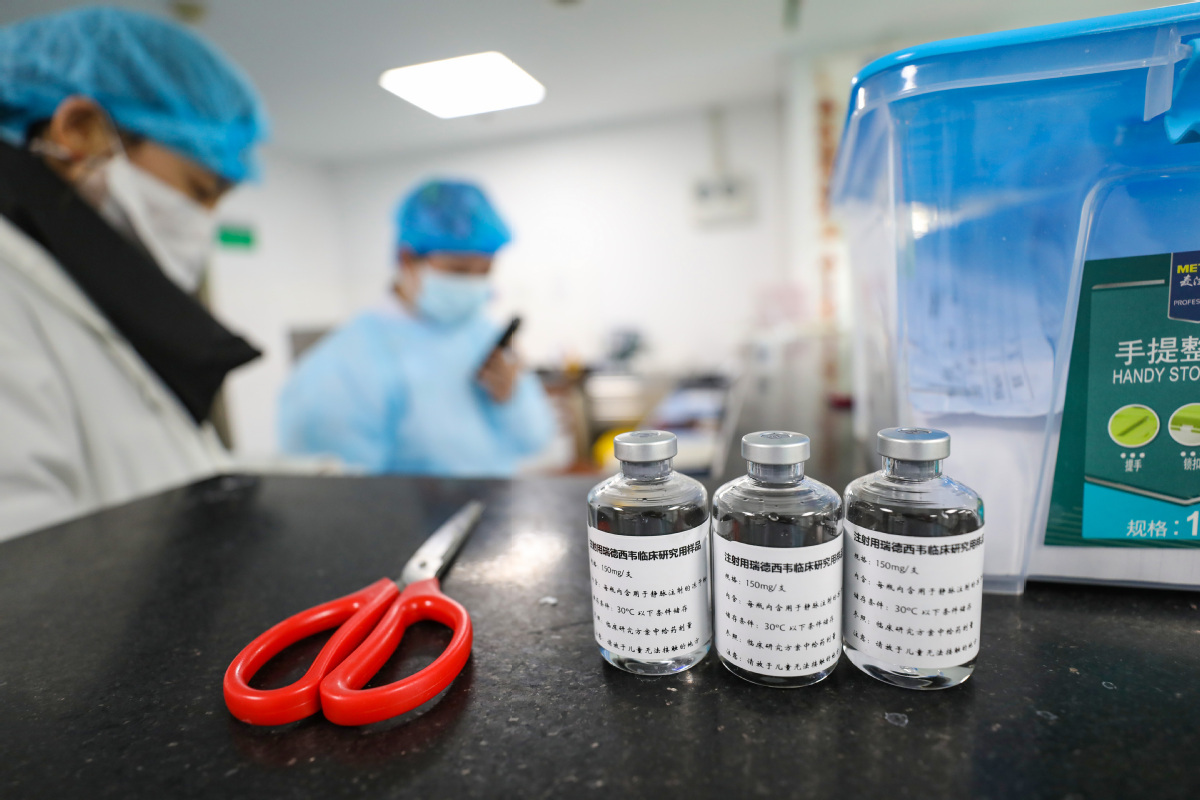
4. Remdesivir
Remdesivir is an antiviral medication developed by US biotechnology company Gilead Sciences as a treatment for Ebola. It is not being tested as a potential COVID-19 treatment.
Cao Bin, who leads the trials in China, said studies have shown that Remdesivir is effective in arresting the growth of the coronavirus in vitro, which means the procedure was conducted in a controlled environment outside of a living organism.
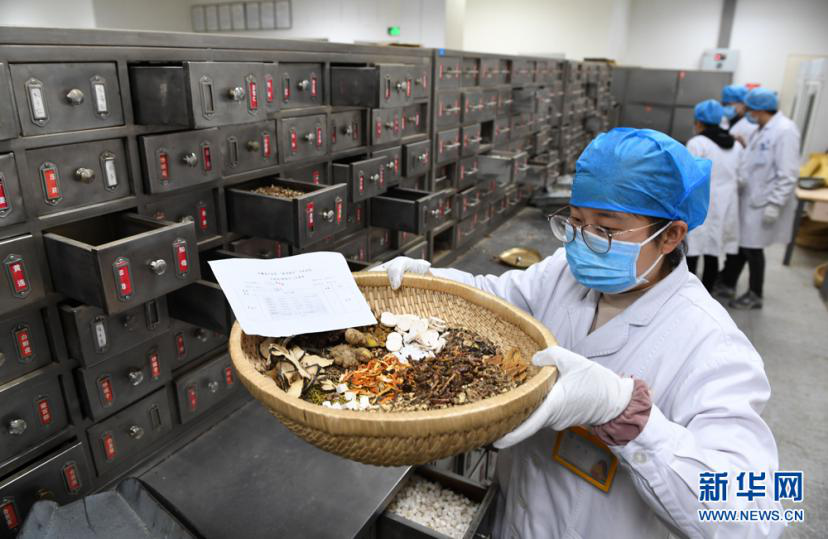
5. Traditional Chinese medicine
Traditional Chinese medicine has also played a big role in the prevention and treatment of COVID-19. More than 90 percent of patients infected with the novel coronavirus in China have been treated with TCM.
"Three formulas and three medicines" have been proven to be effective in curbing the virus.







0 Comments